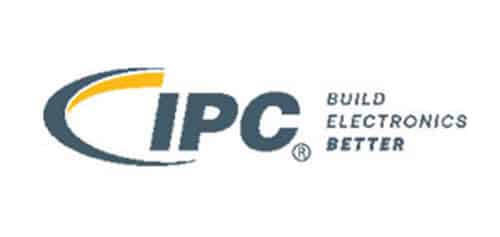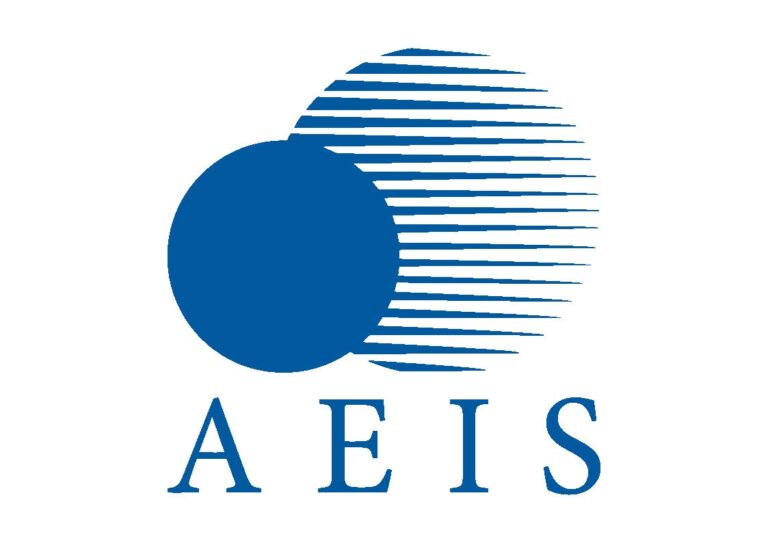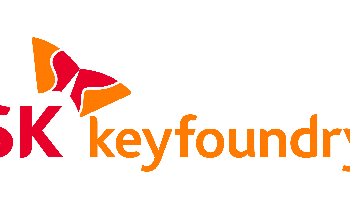SEMI, Michigan Governor Gretchen Whitmer along with Michigan Economic Development Corporation announces $1.5 million in funding to SEMI to design and develop the SEMI Career and Apprenticeship Network (SCAN) in Michigan.
The Community Development Block Grant (CDBG) and CARES Act funding will support semiconductor industry job training in Michigan.
“As global demand for semiconductors continues to grow, Michigan is poised to be a solution provider for semiconductor shortages and puts companies in the heart of semiconductor and battery R&D efforts nationwide,” said Governor Gretchen Whitmer. “Michigan is one of only three states that will be launching planning work to define curricula to support employers in the semiconductor industry. With this new apprenticeship program, along with our global manufacturing and automotive R&D leadership, we are leading the charge in addressing the universal industry demand for semiconductors while creating good jobs for Michigan workers.”
Long a key semiconductor industry market, Michigan is home to nearly one-fifth of U.S. auto production – more than any other state in the nation – and headquarters or technology centers of 26 original equipment manufacturers (OEMS), the greatest concentration in the country.
“SCAN will provide critical job training to Michigan residents while helping the U.S. microelectronics industry address its talent shortage,” said Shari Liss, Executive Director of the SEMI Foundation. “We are thrilled to work in partnership with Michigan’s workforce development agencies and ecosystem to offer registered apprenticeships, a proven pathway to better jobs and greater economic mobility and opportunity.”
The SEMI Foundation will drive the SCAN program planning and development in Michigan in two phases: In phase one, the SEMI Foundation will engage key microelectronics employers, players in the automotive and manufacturing industries, and educational and workforce development providers. In phase two, the SEMI Foundation will conduct focus groups and work with employers to identify jobs in the greatest demand as well as the skills and competencies needed for a skilled, diverse workforce.
The funding comes three months after Liss testified before the Science Research and Technology Subcommittee, one of five subcommittees of the United States House on Science, Space, and Technology, as it discussed the U.S. semiconductor industry’s workforce needs. Liss stressed the need for increased industry visibility, more investment in K-12 STEM education and a stronger focus on diversity, equity and inclusion in the industry. Liss also pointed to the importance of programs like SCAN in re-skilling and up-skilling workers, particularly historically underrepresented wage earners in the industry and those affected by the COVID-19 pandemic, as well as earn-and-learn programs such as apprenticeships.








